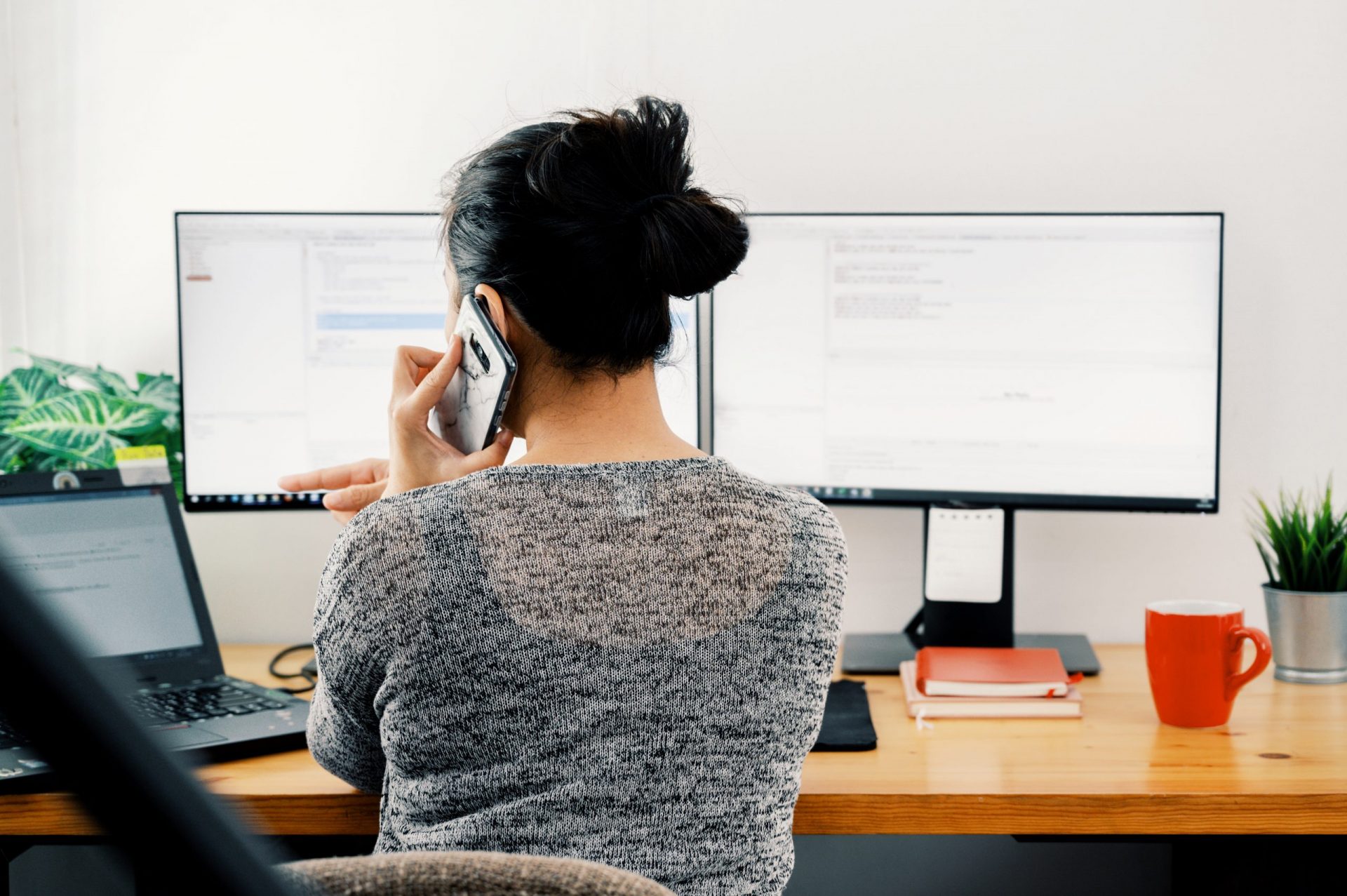Nyenrode Business University and Moneypenny conducted a survey which showed that 97% of office workers surveyed said that they wanted to continue working from home post pandemic.
Nearly all employees who are working from home (97%) prefer to keep working from home, even when offices are open. According to respondents in the third round of a joint research conducted by Nyenrode Business University, Open University and Moneypenny. According to the study 9% wants to keep working from home fulltime and 88% prefers a hybrid 50-50 model. The missing of real life formal and informal contact moments with colleagues is still largely present but has not increased since November. Overall, employees found a work mode from home which they seem to resign in. According to the survey, an increasing number of employees is worried about the possible obligation of having to be physically present in the office again, especially to sit in on meetings.
The employees who participated in the research were able to find a work pattern they are ‘okay’ with. Employees communicate on average 4.5 hours per day digitally, even though the group of ‘bulk consumers’ is growing. 37% of the employees who are working from home communicates five hours or more online on a daily basis. In general, they are positive about the possibilities to meet briefly through means of digital communication. To fewer people (24% in February) online feels the same as face-to-face communication. The lack of ‘real’ contact is still seen by respondents as the main disadvantage of working from home – more than ¾ of the respondents misses informal and face-to-face contact with colleagues. 22% feel isolated.
Dr. Martine Coun from the Open University is not surprised: “From the three psychological basic human needs – autonomy, competence and connection – the latter is most under pressure when people work home for such a long period of time as during the corona crisis.”
“Employees who are working from home seem to accept the fact that going into the office is not an option right now and have developed work and communication patterns they resign in. Early in the second lockdown, we saw the social cohesion figures in our research decline fast. Most people had managed working from home at that point, but the lack of contact put a strain on the cohesion within teams which was felt strongly. People also indicated to experience less work pleasure. Now we see a stabilization. We still miss each other, but it has not worsened in comparison to back in November. In fact, work pleasure has even made some sort of a comeback. On the one hand this can be explained by the fact that we are ‘tired and done fighting’, but also because we see some light at the end of the tunnel”, said Susan Smulders, homework expert at Moneypenny.
If it were up to the respondents, working from home remains a possibility, even when the office doors are wide open again. To 88% a hybrid form is seen as the ideal situation, where people can work from home for an average of 19 hours per week, about half of the number of work hours. They also want to (co-)determine when they work from home and when they go into the office, for real life contact with colleagues among other things. A large number does however expect that being physically present in the office will become an obligation again soon, rather than being a possibility. Especially the social pressure to join face-to-face meetings is feared.
Professor Pascale Peters from Nyenrode Businses University takes a nuanced look at this risk: “I understand the need for individual autonomy when it comes down to the time and place we work, which becomes more and more important when we look at the many different tasks on people have to combine a daily basis now and in the future. At the same time, we must look for a good balance between individual and team preferences. If people, even when they physically can, do not physically want to come to work anymore because it is not efficient for them, you must weigh this freedom against long-term interests such as trust, responsibility, and connection. Finding a balance between these values together, is important. It will be a challenge for organizations to make these decisions explicit through conversations.”
Moneypenny, Business University Nyenrode (under management of Prof. P. Peters) and the Open University (under management of Dr. M. Coun) jointly conduct qualitative research into the experiences of working from home during the corona crisis. Last summer the results of the first research period came out, at the end of 2020 the second research period was concluded and recently the research over the third period was completed.




















